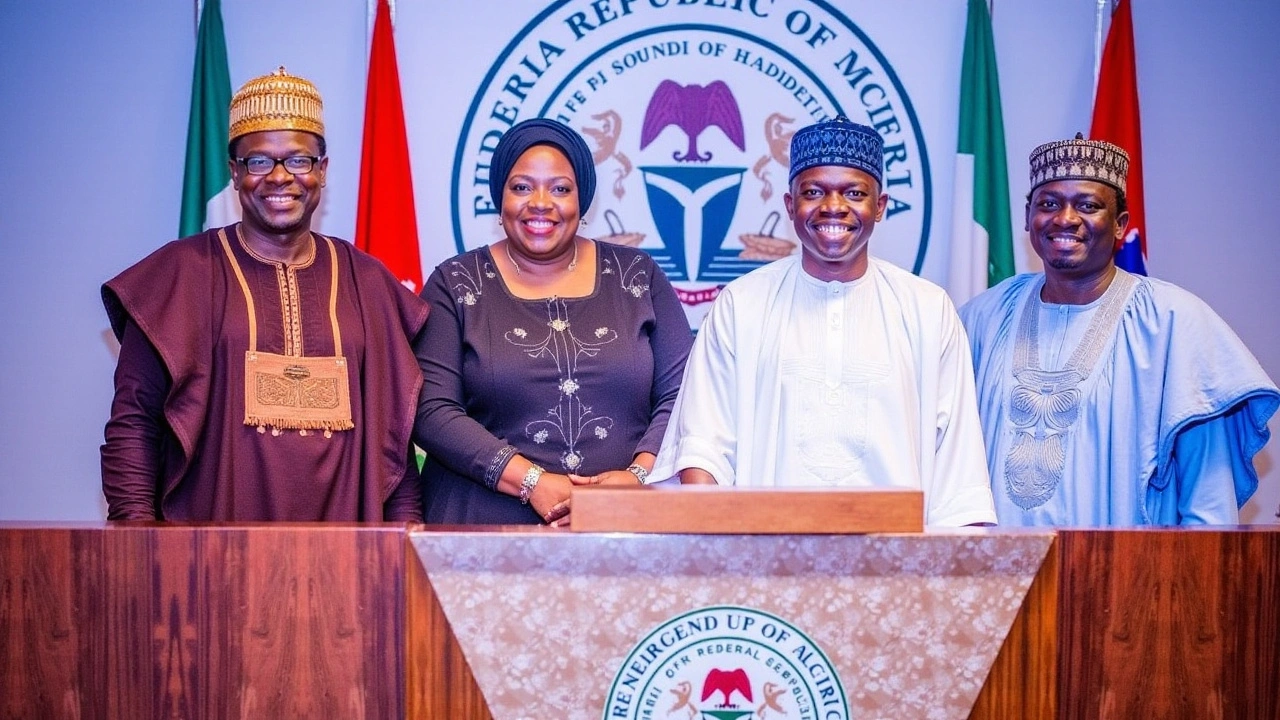Judicial reform: what it means and why it matters
Courts decide whether laws work for people or just protect the powerful. When judges are independent and cases move fast, citizens get justice. When courts are weak, corruption and human rights abuses thrive. That’s why judicial reform matters — not as an abstract idea, but as something that changes daily life.
What judicial reform covers — in plain terms
Judicial reform is a set of changes to make courts fairer, faster, and less political. That usually includes clearer rules for appointing judges, public and timely trials, better pay and training for judges and court staff, stronger case-management systems, and open disciplinary processes when judges break the rules.
Reform also means access to justice: legal aid for poor people, simplified procedures for small claims, and better court outreach in rural areas. When reform succeeds, case backlogs shrink, conviction and appeal patterns look consistent, and public trust rises.
How to spot real progress — and fake change
Watch for concrete signs, not slogans. Real progress shows up in numbers: shorter average trial times, fewer backlogs, published court budgets, and transparent judicial appointments. Fake reform sounds big but keeps the same insiders in power or adds rules that are never enforced.
Examples from our reporting help make this real. Calls for accountability over Nigeria’s 1993 election annulment show why people push for judges who can review state actions without fear. Rising xenophobia and questions about who enforces the law in South Africa highlight how weak institutions fuel unrest. These stories aren’t just headlines — they point to gaps judges and courts must fill.
So what can ordinary people do? Follow cases and demand transparency. Ask politicians about judicial appointments and budgets. Support local legal aid groups and independent media that report court delays and corruption. Use public petitions and peaceful campaigns to press for open disciplinary hearings when judges face accusations.
Reform has risks. Governments may promise change to calm critics while keeping control. International models don’t always fit local systems. That’s why watchdogs, civil society, and journalists matter — they push for measurable results and call out half-measures.
Want to stay informed? Read local court reports and follow independent coverage. On Continental Scout Daily we track accountability stories and legal challenges across Africa — from open letters demanding answers about past election annulments to reporting on state failures that affect how justice is delivered.
Judicial reform isn’t quick. It’s steady work: better laws, clearer processes, and citizens who won’t let abuses slide. If you care about fair trials, start by watching one case closely, sharing what you learn, and asking officials the simple question: how will this change be measured?
Justice Kudirat Kekere-Ekun, the newly appointed acting Chief Justice of Nigeria, has promised to revitalize the nation's judiciary and restore citizens' trust. During her swearing-in ceremony, Kekere-Ekun emphasized the importance of collective effort in achieving this goal and highlighted her commitment to judicial reform. The event was attended by prominent figures including President Bola Tinubu and other key officials.
Recent-posts
Jun, 24 2024






